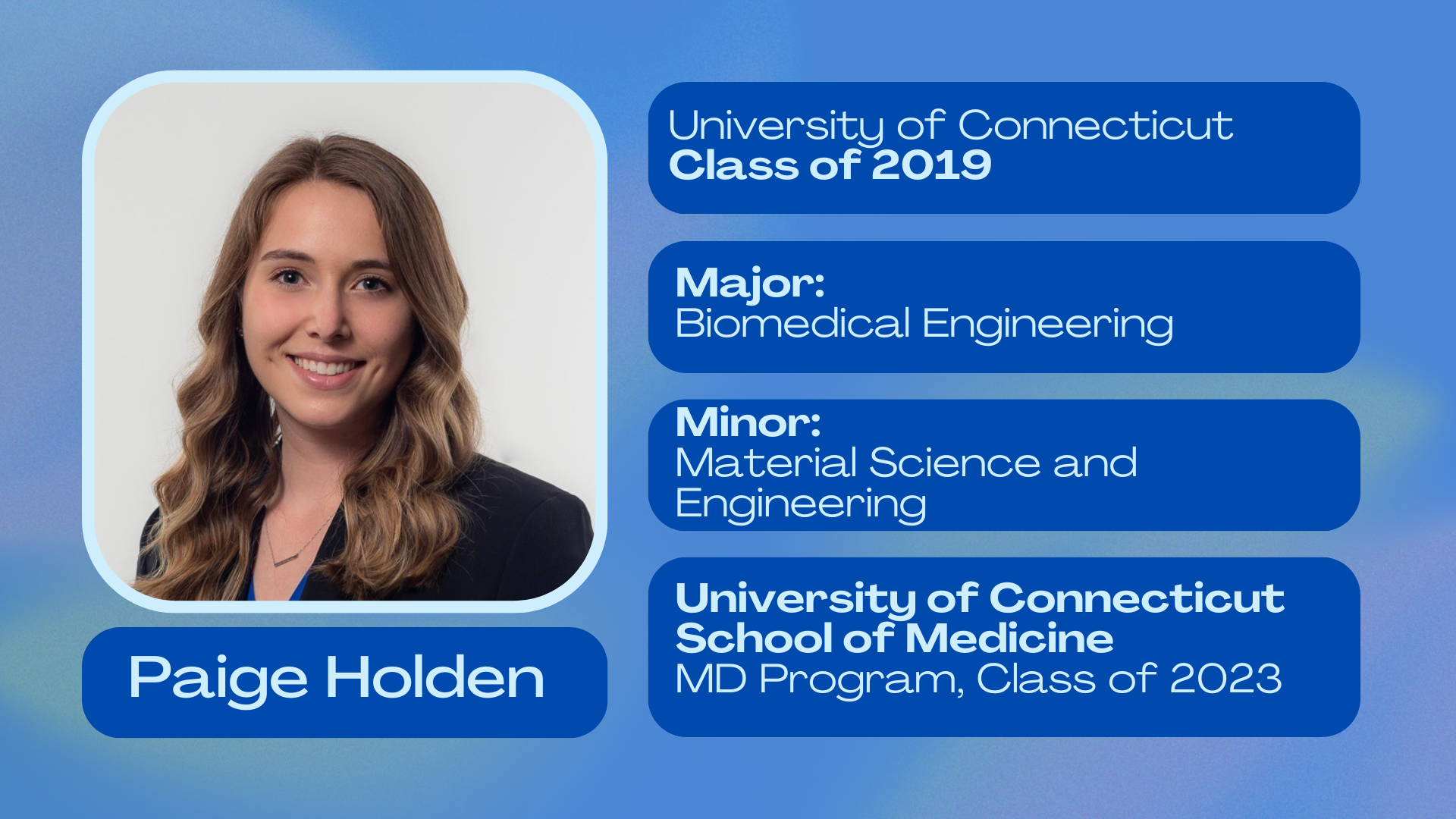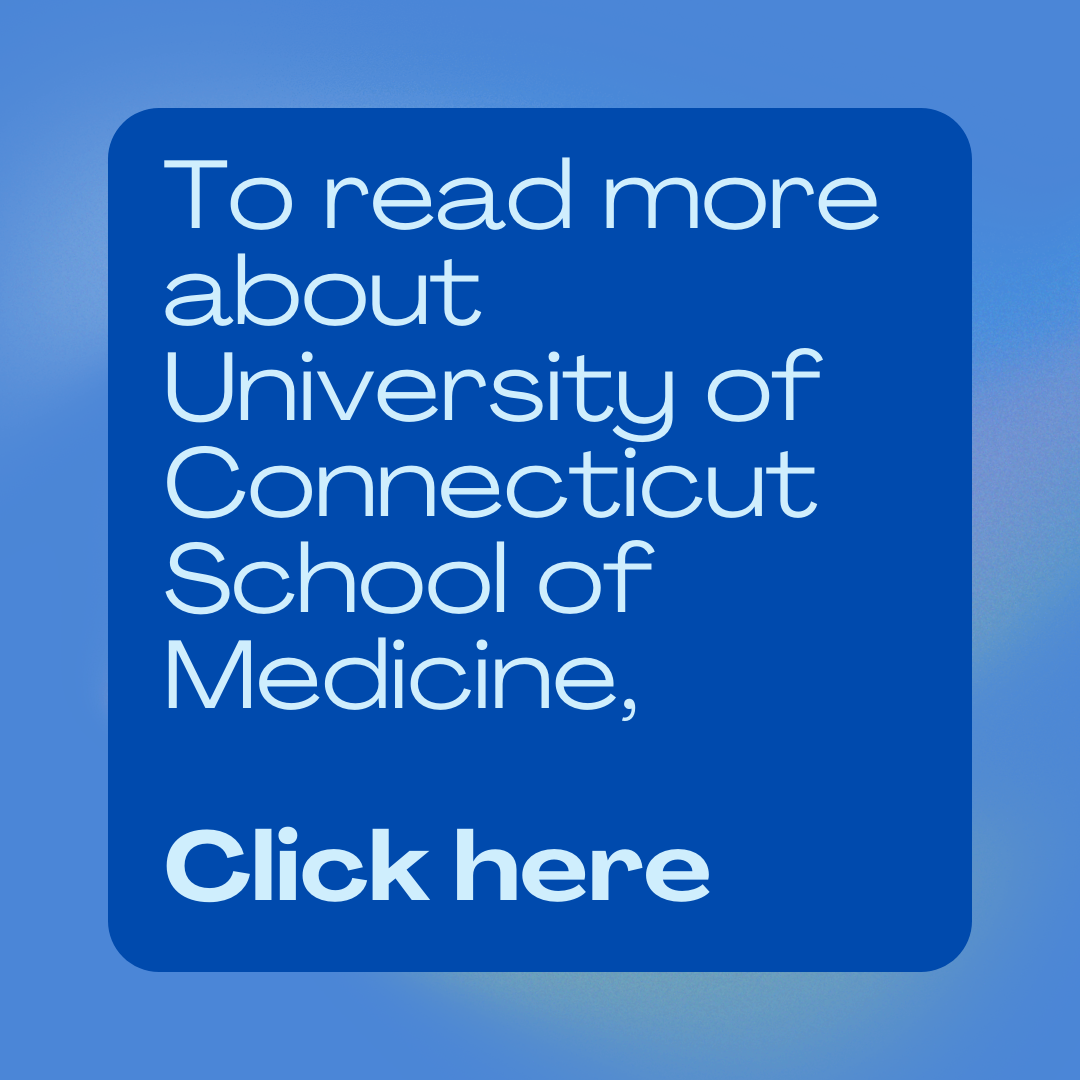Why did you choose to pursue a career in healthcare?
Beyond the cliché answer of wanting to help people and loving the sciences (both of which are true of course), I think what drew me to healthcare is its ever-evolving nature. How we practice medicine today is far different than how we practiced just 10 years ago, and it is almost unrecognizable from how we practiced a century ago. Every day, research tells us more new information than any one person could ever hope to learn in a lifetime. In medicine, we try our best to pull the relevant data and apply that to our practice to give the highest quality of care that we can give in that moment. You can never stop learning in this field, and that is a challenge and a lifestyle that I find very exhilarating.
What were some meaningful extracurricular activities that you were involved in while at UConn?
HuskyTHON and the Hole in the Wall Gang Camp
What were some challenges you have faced along your healthcare journey so far, and how have you overcome them?
There are two big challenges I have faced thus far. The first has been accepting that no matter how hard you study or how smart you are, you cannot know everything. Many medical students come from high-achieving backgrounds, and it can be difficult to let go of that need to feel 100% prepared 100% of the time. The truth is that even the smartest doctors who have been practicing for decades are not always right. This field is so incredibly humbling in that way, and over the past few years, I have focused on reframing my mindset to strive for improvement rather than perfection.
The second challenge has been recognizing that healthcare does not exist within a bubble. Sure, we know that you can reduce the risk of hypertension and diabetes with good exercise and diet. However, if your patient doesn't have time to exercise because they are a single mom of three working two jobs just to put food on the table, these interventions may not be a sustainable solution to her health problems. When treating patients you must consider the whole picture, not just the medical problem. Eliciting all the relevant medical and social information in a short 15-minute visit is incredibly challenging, but also immensely important, thus it is something I hope to continue to work on throughout my career.
What did you do during your growth year(s) and what did you learn?
I did not take growth years, but sometimes I wish I had!
What are some ways that you take care of your mental health and overall wellbeing?
Reframing my mindset as I mentioned above has probably been the single greatest thing I have done to improve my mental health. Outside of that, I love to take my dog, Royce, on long walks or play fetch with him in my yard. I also make sure to set aside time to workout and spend time with friends and family regularly.
What advice do you have for aspiring pre-health students?
Spend less time stressing about grades and test scores and more time focusing on experiences. Beyond your medical school application, no one will ever ask you what your undergrad GPA was or what score you got on the MCAT. What you will have conversations about are the activities you did and the people you met and the places you've been, so make sure to remind yourself of that when the academics seem overwhelming.

